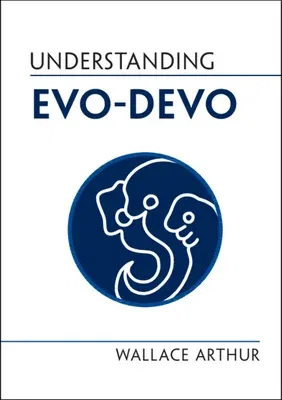Wallace Arthur
(Author)Understanding Evo-DevoHardcover, 27 May 2021

Qty
1
Turbo
Ships in 2 - 3 days
In Stock
Free Delivery
Cash on Delivery
15 Days
Free Returns
Secure Checkout

Part of Series
Understanding Life
Print Length
206 pages
Language
English
Publisher
Cambridge University Press
Date Published
27 May 2021
ISBN-10
1108836933
ISBN-13
9781108836937
Description
Product Details
Author:
Book Format:
Hardcover
Country of Origin:
GB
Date Published:
27 May 2021
Dimensions:
18.54 x
19.81 x
1.27 cm
ISBN-10:
1108836933
ISBN-13:
9781108836937
Language:
English
Location:
Cambridge
Pages:
206
Publisher:
Series:
Weight:
272.16 gm